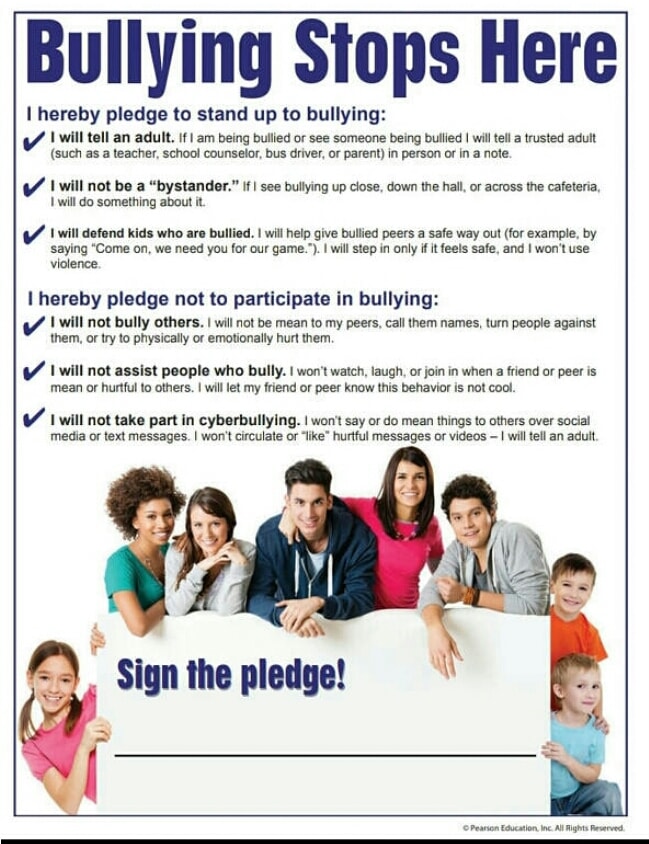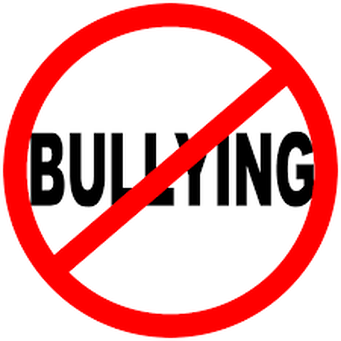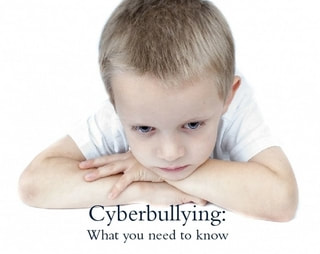Bullying:
What is Bullying?
Bullying is unwanted, aggressive behavior among school aged children that involves a real or perceived power imbalance. The behavior is repeated, or has the potential to be repeated, over time. Both kids who are bullied and who bully others may have serious, lasting problems.
Children with disabilities, special needs, Deaf/HOH and LGBTQ youth experience a higher rate of victimization.
"Youth who are bullied often feel even more alone because there are witnesses who do nothing. When no one intervenes the person being targeted may feel that bystanders do not care or they agree with what is happening. There are many reasons why a bystander may not interject, even if they believe that bullying is wrong. They may be afraid of retaliation or of becoming the target of bullying themselves. They might fear that getting involved could have negative social consequences.
Bullying puts youth at increased risk for depression, suicidal ideation, misuse of drugs and alcohol, risky sexual behavior, and can affect academics as well. For LGBTQ youth, that risk is even higher.
Schools should be a young person's primary center for learning, growing, and building a foundation for success in the world. High school can be challenging for any student, but LGBTQ youth face additional obstacles of harassment, abuse, and violence. Deaf and Hard of Hearing students report a higher rate of victimization as well.
Bullying is unwanted, aggressive behavior among school aged children that involves a real or perceived power imbalance. The behavior is repeated, or has the potential to be repeated, over time. Both kids who are bullied and who bully others may have serious, lasting problems.
Children with disabilities, special needs, Deaf/HOH and LGBTQ youth experience a higher rate of victimization.
"Youth who are bullied often feel even more alone because there are witnesses who do nothing. When no one intervenes the person being targeted may feel that bystanders do not care or they agree with what is happening. There are many reasons why a bystander may not interject, even if they believe that bullying is wrong. They may be afraid of retaliation or of becoming the target of bullying themselves. They might fear that getting involved could have negative social consequences.
Bullying puts youth at increased risk for depression, suicidal ideation, misuse of drugs and alcohol, risky sexual behavior, and can affect academics as well. For LGBTQ youth, that risk is even higher.
Schools should be a young person's primary center for learning, growing, and building a foundation for success in the world. High school can be challenging for any student, but LGBTQ youth face additional obstacles of harassment, abuse, and violence. Deaf and Hard of Hearing students report a higher rate of victimization as well.
Cyberbullying: What you need to know
|
Download now for FREE!
|
Playground bullies and mean girls have been around forever, but with today's technology and the age of children using electronics becoming younger and younger; sadly it gives bullies a whole new platform.
Advocates United for Humanity founders' goal is reach children at a younger age before the bullying begins in effort to prevent it. We invite you to Download a FREE copy of 'Cyberbullying: What you need to know' or pick it up in paperback at our online bookstore! | ||



